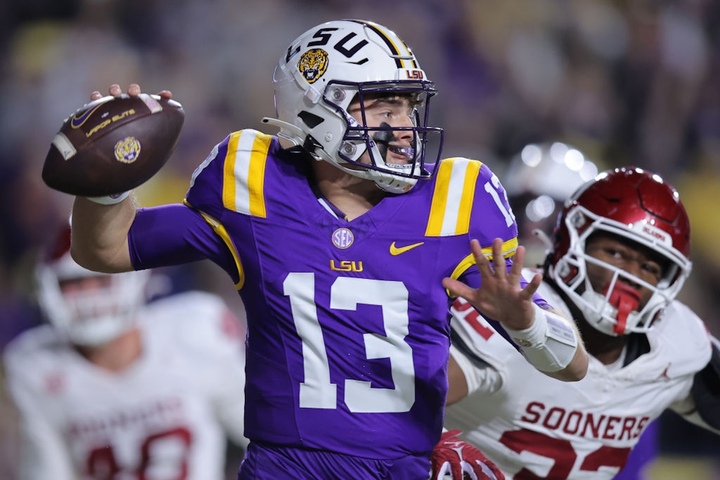Betting Big: Louisiana's Bold Plan to Boost College Sports Through Gambling Taxes

Louisiana lawmakers are poised to significantly boost tax revenues from sports betting while potentially providing a financial lifeline to collegiate athletics. A bold legislative proposal aims to dramatically increase the current sports gambling tax rate, with a portion of the additional funds earmarked to support Division I athletic programs across the state.
The measure, which has gained momentum in the state legislature, represents an innovative approach to addressing both fiscal challenges and supporting higher education sports. By nearly doubling the existing tax on sports wagering, lawmakers hope to create a sustainable funding stream that could provide much-needed resources to Louisiana's collegiate athletic departments.
As the bill progresses through legislative channels, it signals a potentially transformative moment for sports betting regulation and collegiate athletics funding in Louisiana. Sports fans, educational institutions, and state budget planners are closely watching the proposal's development, anticipating its potential wide-ranging implications.
